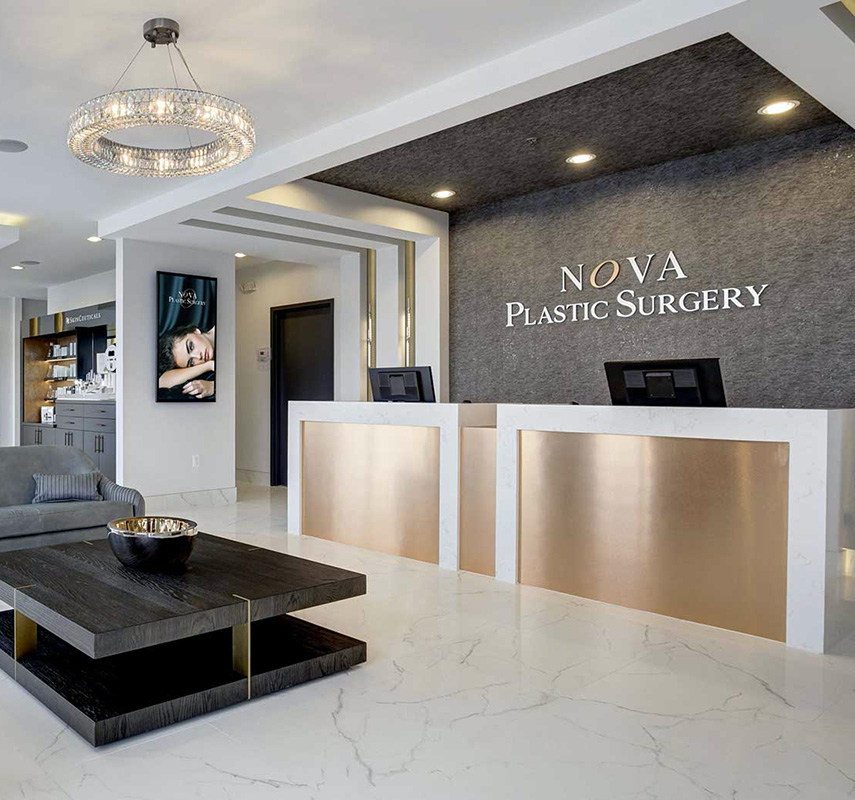 Breast augmentation is the most popular cosmetic procedure among women, and has been for a few years- but were also right in the middle of resolution season, meaning more and more people are focusing on eating right and working out. Its recommended that you be as close to your ideal weight as possible before breast augmentation in order to minimize complications or changes to the implants after your surgery, so you’re probably used to exercising. So what can you do after surgery? Can you still keep your resolutions after a breast augmentation?
Breast augmentation is the most popular cosmetic procedure among women, and has been for a few years- but were also right in the middle of resolution season, meaning more and more people are focusing on eating right and working out. Its recommended that you be as close to your ideal weight as possible before breast augmentation in order to minimize complications or changes to the implants after your surgery, so you’re probably used to exercising. So what can you do after surgery? Can you still keep your resolutions after a breast augmentation?
Yes, you can! You just have to make a few adjustments to your exercise routine for a few weeks after your breast augmentation.
In the first few days after your surgery, you wont feel like exercising (and you shouldn’t)! Your surgeon might make you get up and walk to work off the effects of the anesthesia while you’re in recovery, but after that you need to lie down and take it easy. You’ll need to avoid all exercising or other strenuous activity for two week after surgery, or longer if your surgeon instructs you. It might sound like a long time if youre used to working out several times a week, but your body needs to focus on healing and recovery from surgery, not recovery from working out.
After you get the OK from your surgeon to resume exercising, keep the focus on your lower body at first. Go for a brisk walk around the neighborhood, a slow walk on the treadmill, or a slow ride on a stationary bike. Your pectoralis muscles in your chest need a break as they get used to your new implants, so you need to avoid stressing them. You also need to keep your heart rate fairly low, as an elevated heart rate could lead to bleeding in the surgical site.
After surgery, your body forms a small capsule of scar tissue around the implants- its a natural response to a foreign object. However, extreme capsule formation can occur (capsular contracture). The causes are unknown, but inflammation is thought to contribute to capsular contracture formation, and exercise of the pectorals can lead to inflammation. So don’t work out your chest for at least four weeks after surgery.
What does taking it easy on your chest muscles mean? No heavy lifting (generally nothing over 10 pounds), no pushing heavy objects, and no weight training. Avoid push-ups, pull-ups, and yoga poses that focus on the chest or arms (like plank position). Games that involve rotating with the upper body, like golf or tennis, should be avoided. Heavy lifting, jogging, and chest workouts wont just possible harm your muscles or cause capsular contracture, they can even shift the location of your implants, so be sure you’re really taking it easy.
Examples of exercises you can do within those four weeks (with surgeons approval) include lunges and squats, walking, slow rides on a stationary bike, or slow workouts on the elliptical machine (all without extreme arm movement).
After the first four weeks, you can slowly resume arm and chest workouts according to your surgeons specific instructions. The type of exercises and frequency you can workout at that point will depend on your individual situation. Examples of commonly allowed exercises after about six weeks include knee push-ups, dumbbell bench presses of very light weights, and yoga poses involving the arms and chest. After six weeks, most patients (though not all) can return to regular activity.
It is imperative to listen to your body throughout the healing process. If anything you do hurts or causes discomfort in your chest, you need to stop. If you notice more swelling or discomfort in the chest after working out, stop and call your doctor. If you become winded or tired, dont feel bad about resting. Your body isn’t devoting its energy to recovering from the workout like it usually does- its focused on healing from your procedure. You must allow your body ample time and energy to do that before making strenuous demands on it.
Its also a great idea to discuss your exercise routine with your surgeon before surgery, so you can be advised of how to adjust it beforehand. That way, you’ll come out of the surgery with a game plan and without confusion or questions.
If you have any questions or concerns about exercising after a breast augmentation, or want to schedule a consultation, please call our Northern Virginia office at (703) 574-2588.



